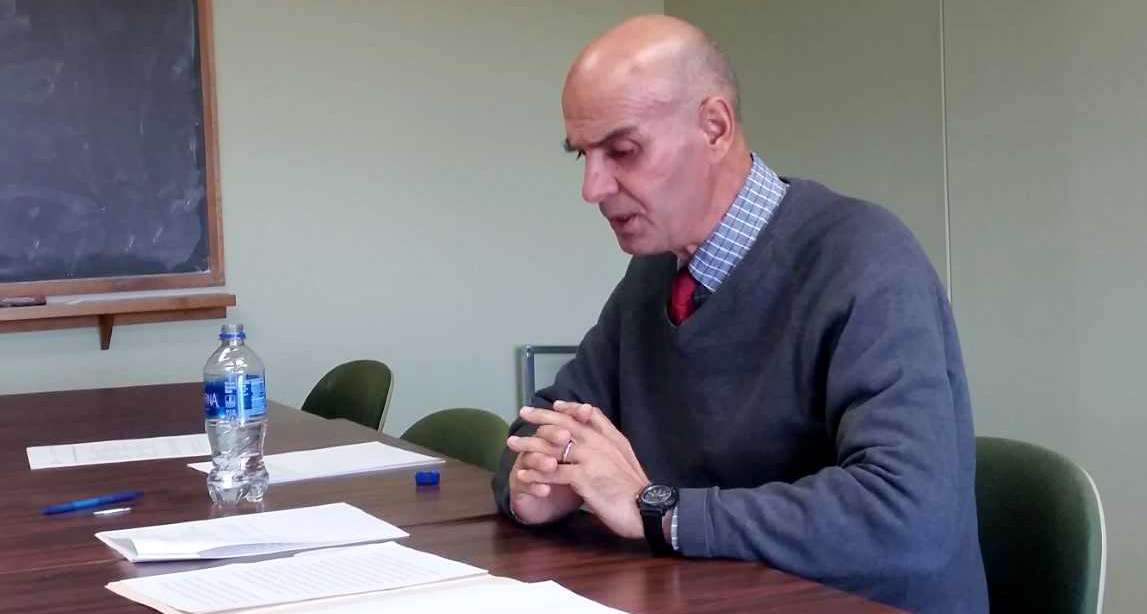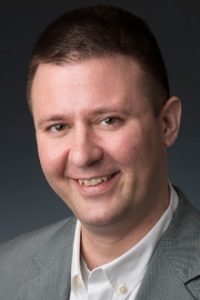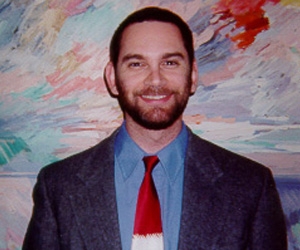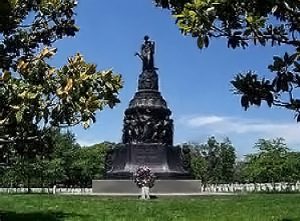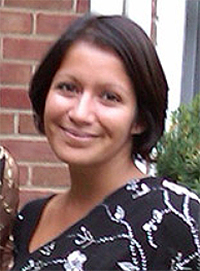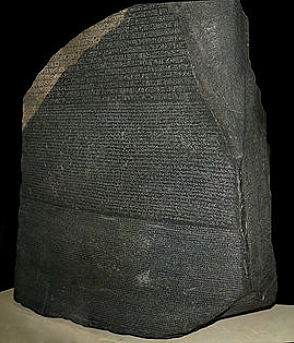Workshop in Ancient Mediterranean Studies
Dr. Kevin Muse, Associate Professor of Classics, University of Wisconsin-Milwaukee
“What’s the ‘Difference’? A Wealthy Father, his Spendthrift Son, and a Fragment of Callias, A Lost Dialogue by Socrates’ Student Aeschines of Sphettos”
Friday, December 2, 2016, 3:30 pm
UWM Curtain Hall Room 103
Dr. Muse will be speaking to us about Callias (III),a notorious figure in fifth-century Athens, who inherited from his father Hipponicus (II) the largest fortune in Greece and allegedly squandered nearly all of it. A patron of the itinerant intellectuals known as sophists, upon whom he lavished great sums of money, Callias appears as a salient exemplum in the dialogues of Plato and Xenophon in debates about two of the most important topics of their day and ours: education and wealth.
Aeschines of Sphettos, a lesser-known student of Socrates and contemporary of Plato and Xenophon, wrote a dialogue entitled Callias. Unfortunately, we know little about this lost work. A tantalizing fragment, preserved by the miscellanist Athenaeus, tells us that the dialogue “contains the ‘difference’ between Callias and his father.” There is no consensus on what Athenaeus means here by “difference.” With the help of a database, some cultural history, and a papyrus, this talk will show what this “difference” is, and what difference it makes.
Download the event flyer
Sponsored by the departments of Anthropology, Art History, History, and the program in Classics within the department of Ancient and Modern Languages, Literatures, and Cultures at UWM.
